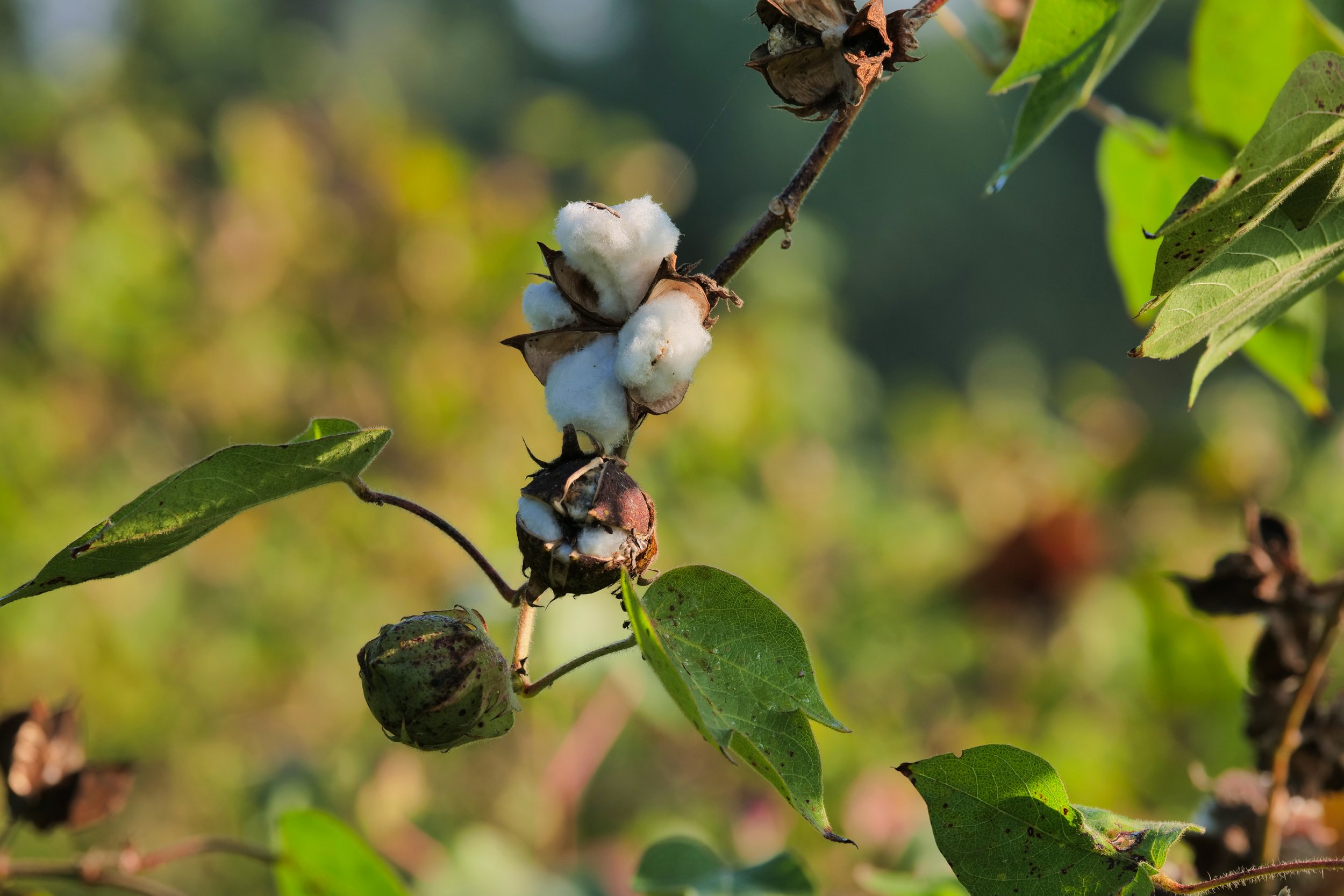One Farmer One Tree Campaign
In 2012, the United Nations General Assembly proclaimed 21 March as the International Day of Forests to celebrate and raise awareness of the importance of all types of forests. With more than 60,000 tree species, forests are home to about 80% of the world’s terrestrial biodiversity and many aspects of our lives are linked to forests.
Through our programs at CottonConnect, we train and encourage farmers to undertake activities which improve biodiversity and conserve natural resources. And one of the ways to do this is by planting more trees on and around the farm area. Integrating trees and agriculture can simultaneously contribute to income, food security and conservation of biodiversity and ecosystem services. Keeping this in mind, in 2021-22 we initiated the One Farmer One Tree campaign in our program villages.
Planting trees in and around agricultural land can have a lot of benefits for farmers -
Planting trees reduces soil erosion by binding soil in place, preventing it from being washed away by rain and strong winds.
Products like fruits, nuts and timber contribute to income and food security
Trees attract more birds and enhance biodiversity, an increase in bird population reduces pest pressures as birds feed on pests.
Trees absorb and store the carbon dioxide emissions that are driving global heating and thereby help combat climate change
“This campaign is not merely an activity, but an effort to help farmers imbibe the values and ethos of conserving the environment,” said Hardeep Desai, Head of Farm Operations at CottonConnect
As part of the campaign, our program farmers in India, with support from local partner teams and local authorities, have to date planted over 350,000 trees on community lands, farms and alongside the boundaries of their houses. Timber and fruit trees like Mahogany, Neem, Custard apple, Mango, Banyan tree, Anola, Jamun (Black Plum), Jackfruit, Moringa and Tamarind trees were planted by farmers.
“I planted a mango tree on my farm and I know that though it’s a small gesture it will have great impact. The tree will be a blessing to my family, it will give fruit to us and shelter to all the birds. I plan to plant more trees around my farm. It will attract more birds and contribute to improve farm's biodiversity.” said Savita Atmaram Yadavkule, Cotton farmer, Village Ambali
While in some program villages farmers planted saplings, in other villages some farmers also used the seed ball technique for planting. Seeds balls are an ancient technique for propagating plants from seeds without opening up soil with cultivation tools. A seed ball made of clay, cow dung and seeds which is used to replant areas where the natural flora has been destroyed. Seed balls don't need planting or complex propagation – just scatter them where you want them to grow (preferably on top of soil or compost), and let nature take over!
In line with this year’s World Forest Day theme of Sustainable Consumption and Production, this simple campaign has had far-reaching impact on the lives of the farmers and contributes to SDG12 – Responsible Consumption and Production and SDG 15 – Life on land.































